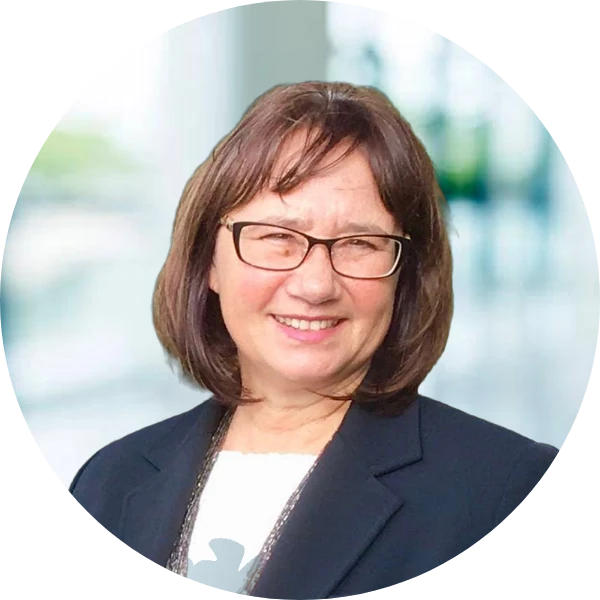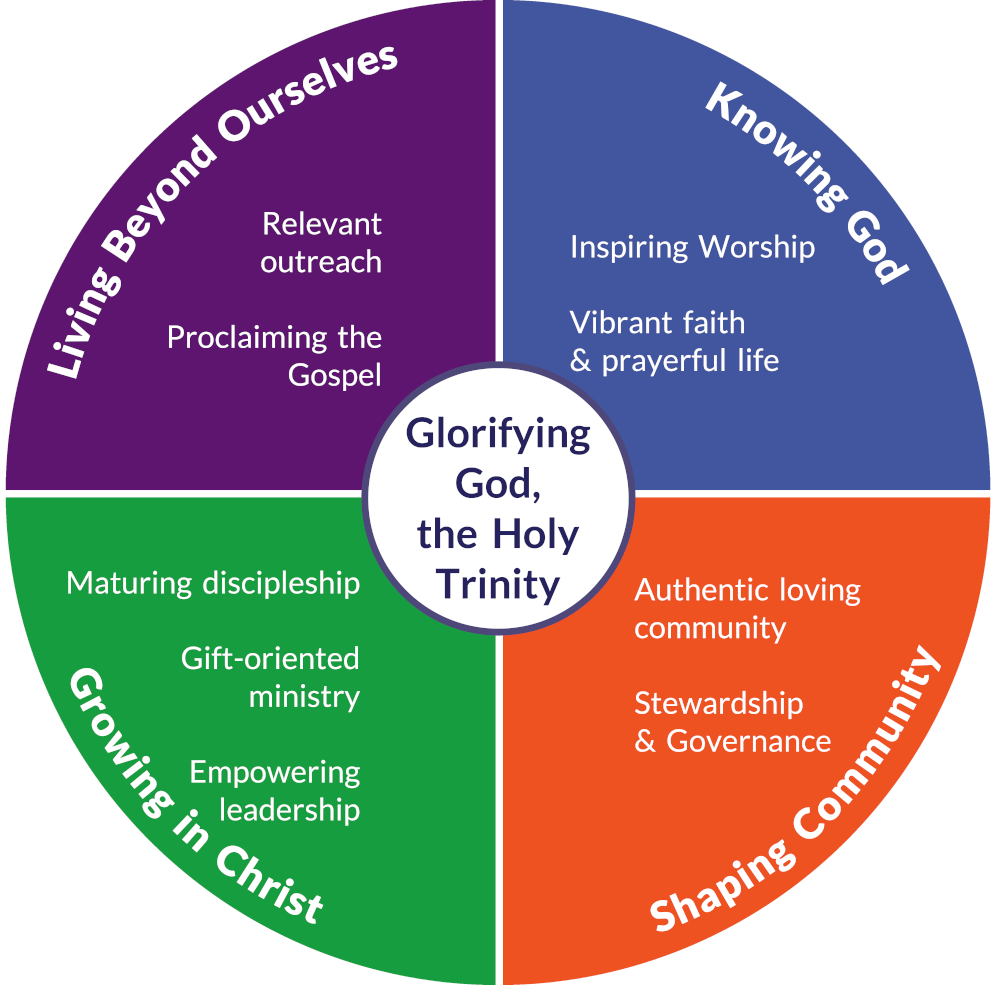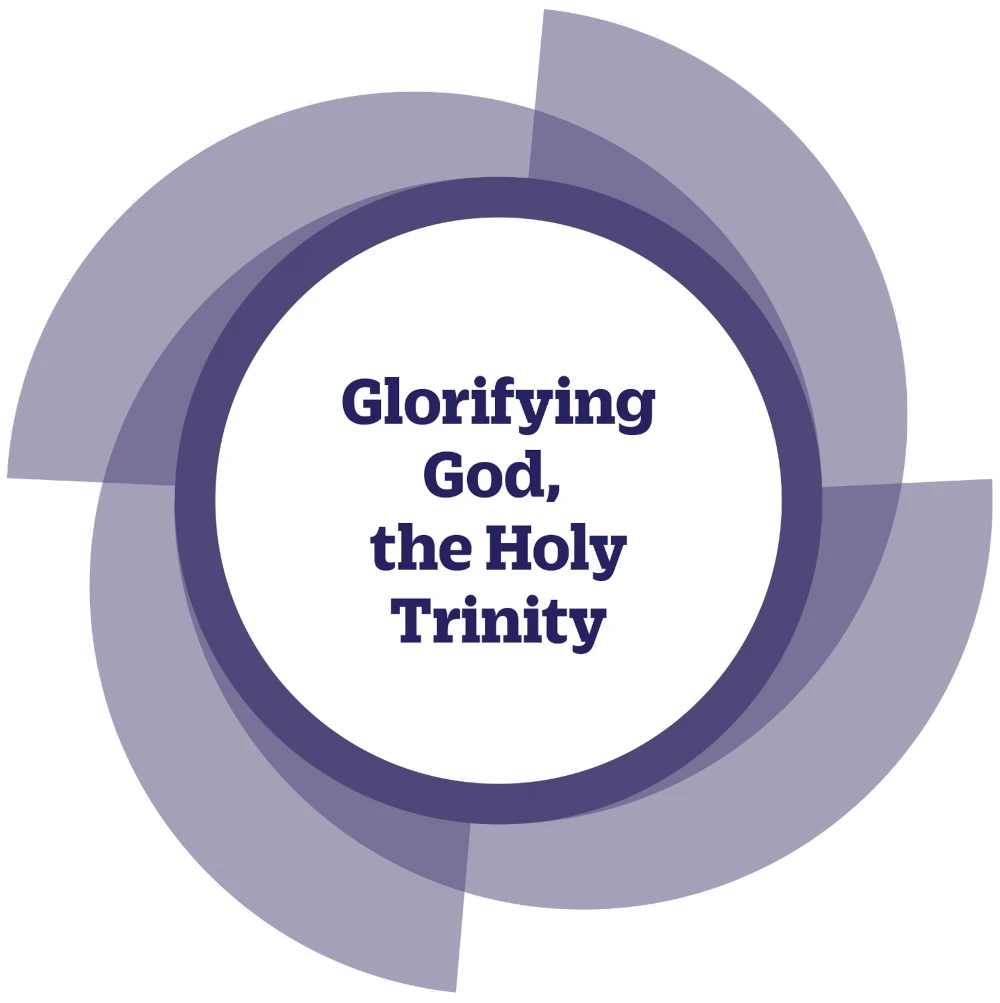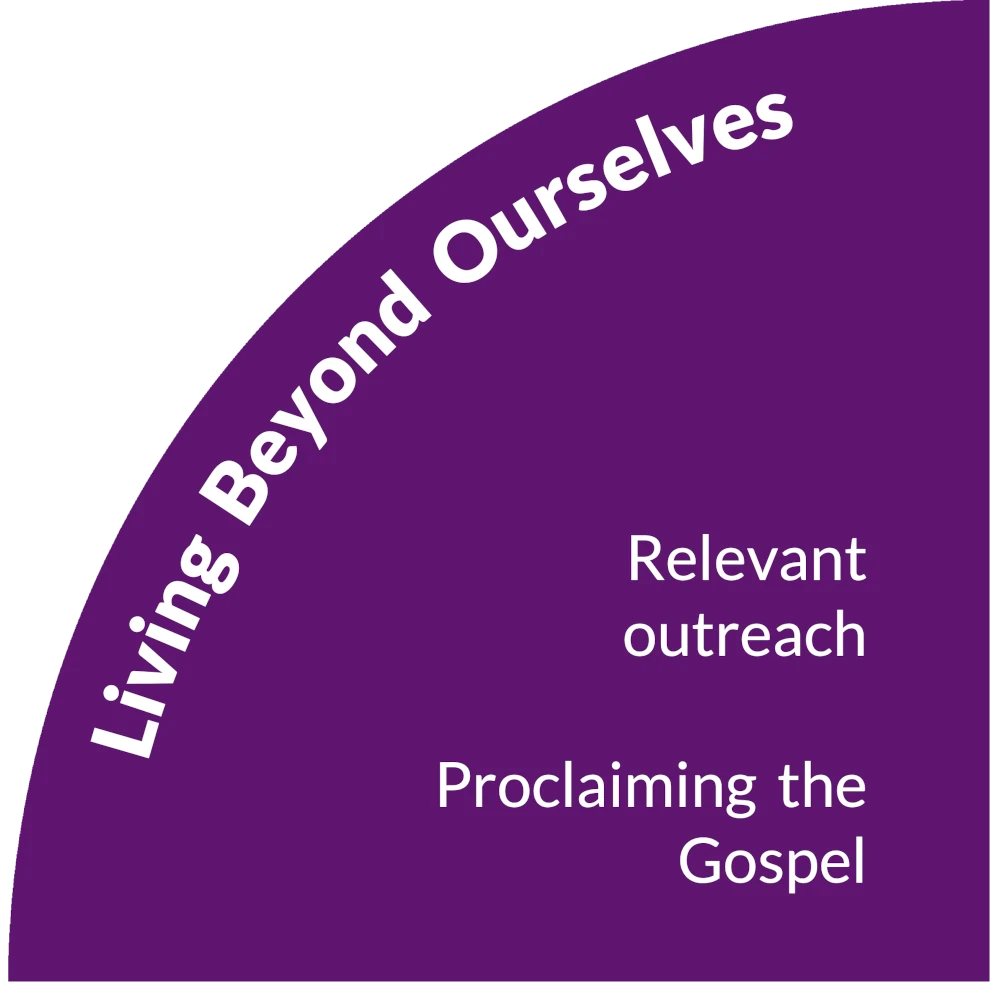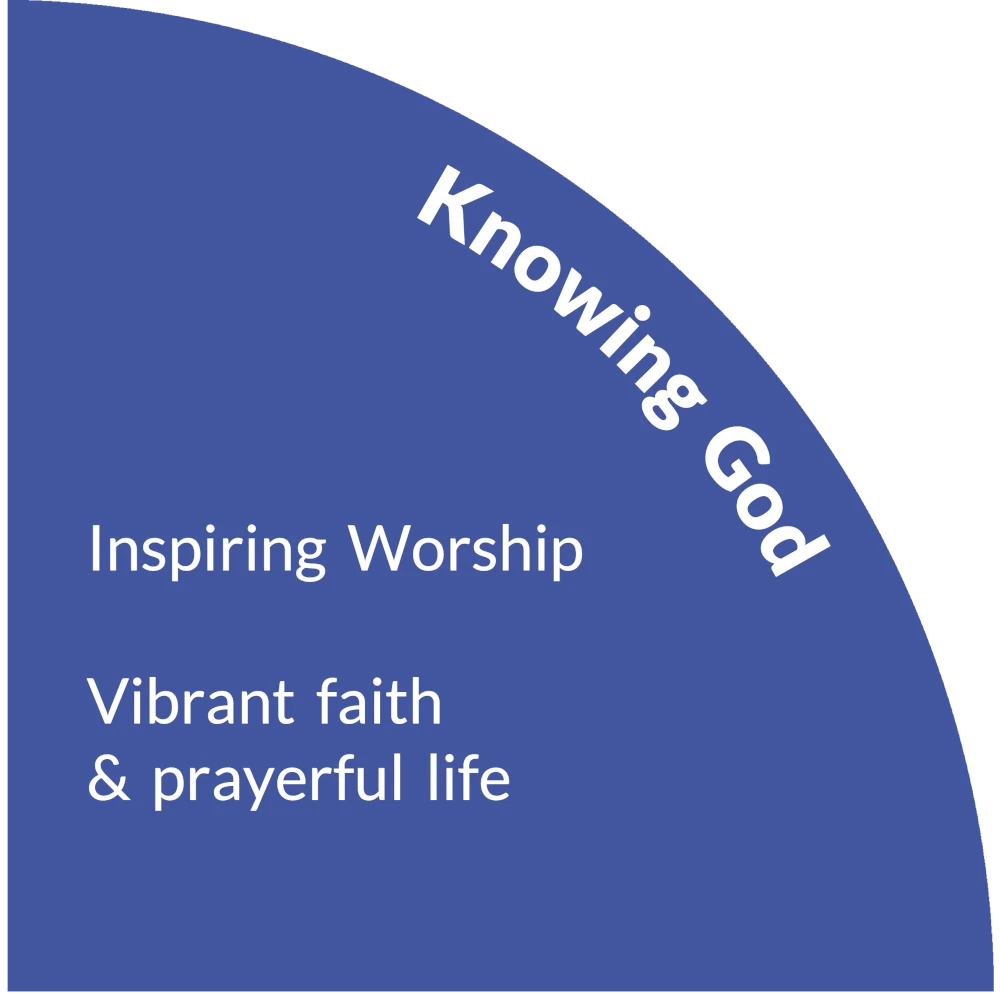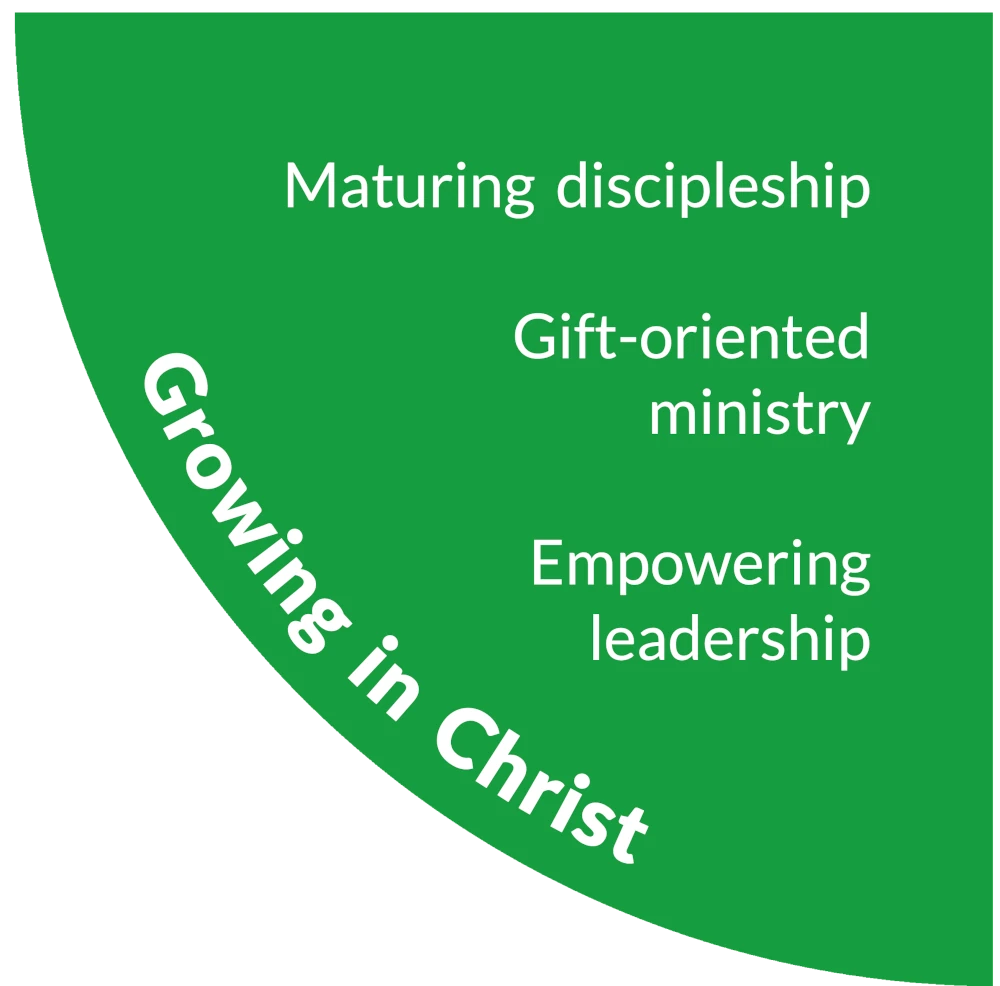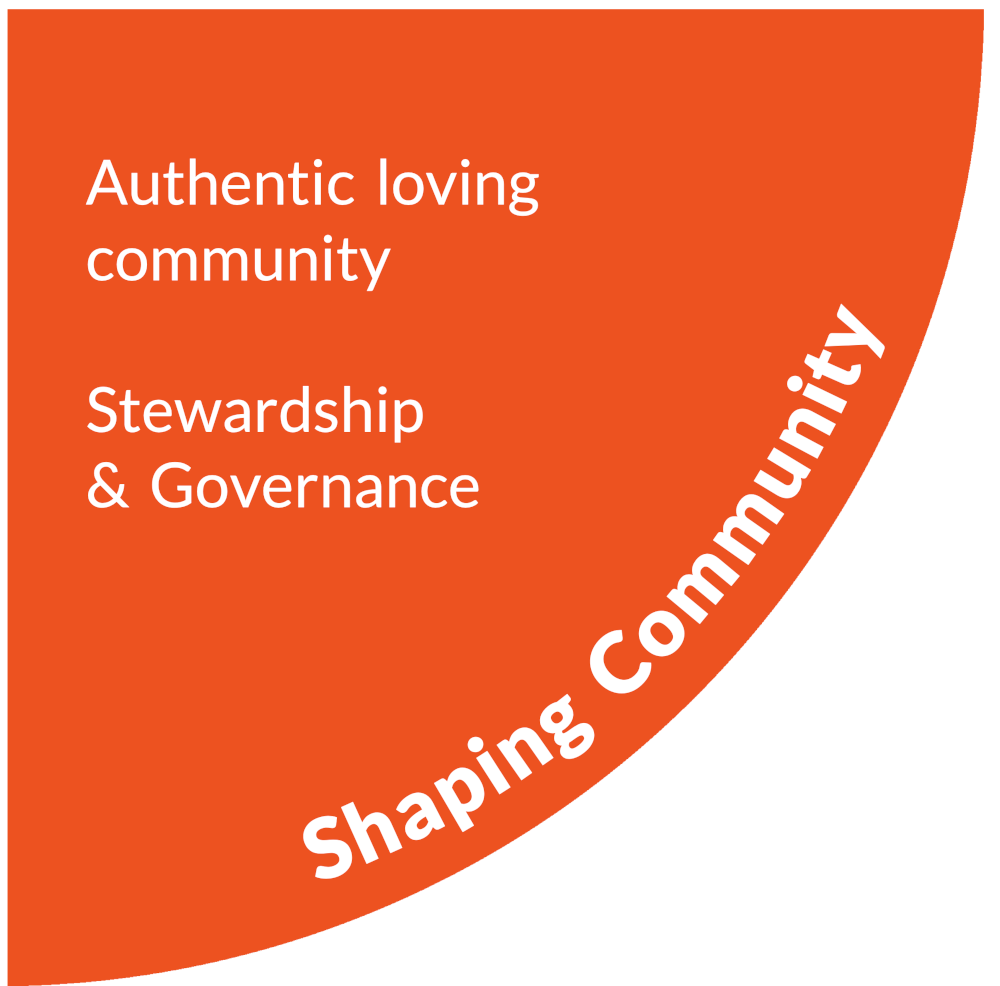Our Beliefs & Values
Our key tag line is: navigating the waves of life together.
As Anglicans we seek to be missional, concerned for the whole of God’s creation. This is expressed in our Five Marks of Mission which guide us to live a mission lifestyle within our community. Our mission statement (above), originated in the “World Council of Christian Churches”. This is a body composed of most Christian Denominations, except Southern Baptist and Roman Catholics (though they send delegates). The mission statement was then adopted by all Anglican Provinces.
So what does this mean?
As Anglicans we seek to be missional, concerned for the whole of God’s creation. This is expressed in our Five Marks of Mission which guide us to live a mission lifestyle within our communities.
To proclaim the Good News of God’s reign. Sharing with others through words and actions our purpose, joy and hope in life.
To teach, baptise and nurture new believers. Our faith is a different journey for each of us, and one that we are on for the rest of our lives. Baptism is a way in which children and adults are welcomed into the Church. Like any new experience, new members of the Church need to learn and be helped in order that they may grow in their understanding of God and continue on their journey. As we baptise and nurture others we also grow in our own understanding of God.
To respond to human needs by loving service. We are all called to serve others and to do so lovingly, no matter what their need is. We are advocates of the disenfranchised and charitable workers to those in need. In doing this we are following the example of Jesus.
To seek to transform unjust structures of society. Our human communities are all full of imperfections. Unjust situations can be found throughout society. As defenders of social justice we need to have our eyes open to seeing these situations and be committed to change them and ourselves.
To strive to safeguard the integrity of creation and sustain and renew the life of the earth. Caring for our environment is an essential part of our mission. Over thousands of years humans have been causing damage to our planet. We need to become better stewards of the world we live in, working with others to honour God’s creation.
We also have quite a lot of statements of beliefs. These are in our “Prayer Book” and we hold them in common.
You can read them here: https://anglicanprayerbook.nz/925.html and you will also find them right at the bottom of this page. There are the beliefs we by and large hold in common.
And while these are our stated beliefs, not everyone would believe them all. We are a very broad church. And people belong to us, who don’t believe this, and that is fine. There is no compulsion to believe. People move in and out of the Anglican Church constantly. We would hope that there is space for everyone who is respectful of the other person. An overriding value is human dignity, which means we treat all with respect, whether we agree with them or not.





